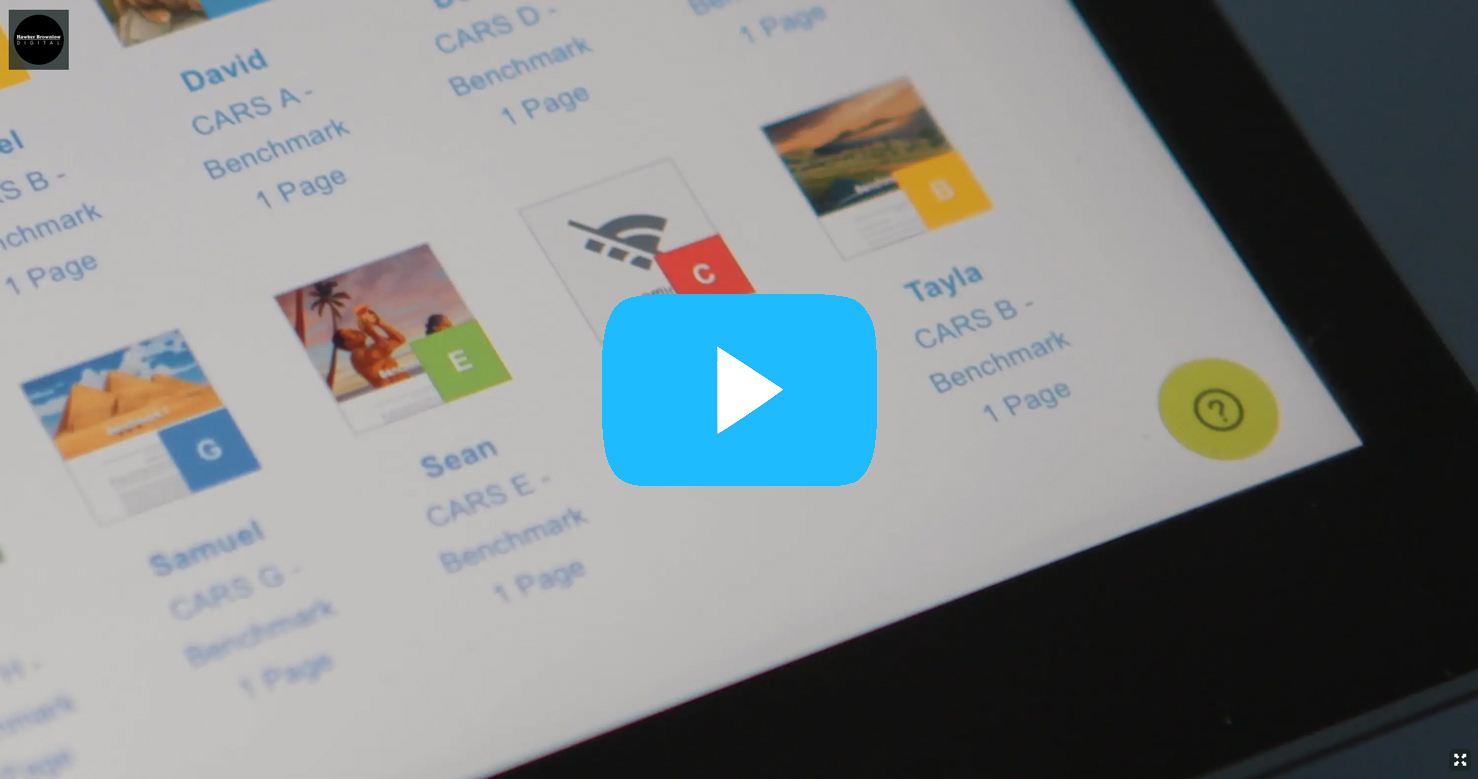The way we talk, including our speech patterns, accents and word choices, can create and deepen social biases, starting from the point of view of children. Language plays a crucial role in shaping our perceptions of others and influences how we form attitudes and stereotypes about different social groups. Here’s how speech can contribute to the development of biases in children.
Early Language Exposure: Children’s language development begins at a very young age, and they learn from the people around them, particularly their caregivers and immediate environment. If a child is exposed predominantly to one dialect or accent, they may develop biases against other speech patterns they perceive as unfamiliar or different.
Language Stereotypes: Societal stereotypes about certain accents or dialects can influence children’s perceptions of people who speak those ways. For example, if a particular accent is associated with lower socioeconomic status or a particular ethnic group, children might develop biases based on these stereotypes.
Accent Discrimination: Children, like adults, can engage in accent discrimination, where they judge others based on their accents rather than the content of their speech. This can lead to social exclusion and marginalisation of individuals with “non-standard” accents.
Language Prejudice: Children can form prejudices based on the language choices of others. For instance, using a different language at home might lead to prejudice against bilingual children, considering their home language as less valuable.
Peer Influence: Children often imitate their peers’ speech patterns and language choices to fit in and be accepted within their social circles. This can lead to the reinforcement of linguistic biases within peer groups.
Educational Impact: Biases against certain accents or dialects can affect educational opportunities for children who speak those ways. Teachers might unknowingly display favouritism towards students with more standard accents, affecting academic outcomes and self-esteem.
Cultural Identity: Children might face pressure to conform to dominant language norms to be accepted in society. This can lead to a loss of cultural identity and language, further deepening biases against linguistic groups.
Media Influence: Media representations and portrayals of different accents and dialects can influence children’s attitudes and biases towards speech patterns. Stereotypical representations in media can perpetuate biases in young minds.
Code-Switching: Children who speak multiple languages or dialects might experience negative attitudes from others if they code-switch between languages. This can lead to biases against individuals who are bilingual or multilingual.
Linguistic Diversity Appreciation: On the positive side, promoting linguistic diversity and appreciation in children’s educational environments can help counteract biases. Teaching children about the importance of language diversity and encouraging respect for all languages and accents can foster inclusivity and empathy.
To address the impact of speech on social biases in children, it’s crucial for parents, educators and society to promote linguistic diversity, discourage language prejudice, and create inclusive environments where all forms of speech are valued and respected. Encouraging open discussions about language and cultural diversity can help children develop more positive attitudes and reduce the perpetuation of biases related to speech.
CARS & STARS Online is a digital reading comprehension program based on twelve core reading strategies that is designed to turn every student into a comfortable and proficient reader who can approach every type of text (written and spoken among them) with an advanced level of reading comprehension. A student progressing through the CARS & STARS Online program will become a better reader – and, by extension, a more fully-rounded and socially engaged person.
If you are interested in learning more about the CARS & STARS Online subscriptions and how they can help children to achieve better results, then sign up for a free trial to be an integral part of your child’s reading success.































